2022 Awardees
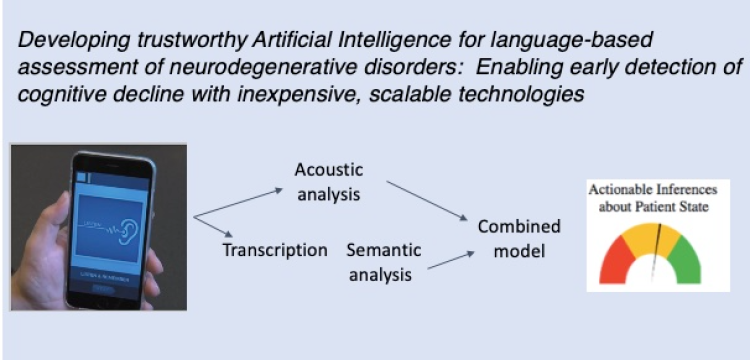
Developing trustworthy artificial intelligence for language-based assessment of neurodegenerative disorders: Enabling early detection of Cognitive decline with inexpensive, scalable technologies
Peter S. Pressman (CU Anschutz; Department of Neurology)
Peter W. Foltz (CU Boulder; Institute for Cognitive Science)
New collaboration
This project seeks to improve the diagnosis of dementia through the development of sensitive and usable AI-based tools that analyze speech to enable earlier detection and thus more timely interventions than is in current practice.
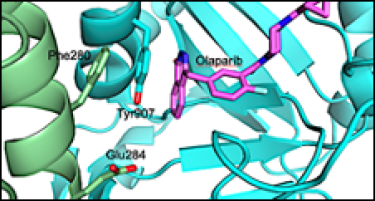
Drug discovery targeting the PARP1–HPF1 complex for the treatment of cancer (co-sponsored by the University of Colorado Cancer Center)
Dan LaBarbera (CU Anschutz; Department of Pharmaceutical Sciences)
Karolin Luger (CU Boulder; Department of Biochemistry)
New collaboration
PARP inhibitors (e.g., Olaparib) have revolutionized the clinical treatment of cancer, particularly breast, ovarian, and pancreatic cancers. However, PARP inhibitors are plagued by significant drug resistance mechanisms. This proposal will execute a new drug discovery and therapeutic strategy to target a protein complex with PARP implicated in cancer.
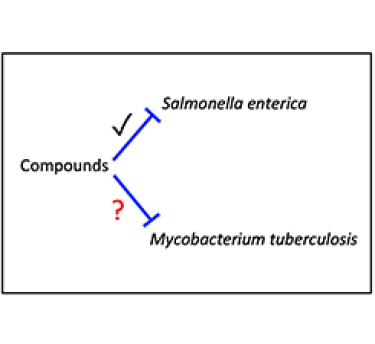
Efflux pump inhibitors and mycobacterium tuberculosis (Mtb)
Martin Voskuil (CU Anschutz; Associate Professor of Immunology and Microbiology)
Corrie Detweiler (CU Boulder; Professor of Molecular, Cellular and Developmental Biology)
New collaboration ($50,000)
Our new collaboration will determine whether compounds that inhibit bacterial export systems in human bacterial pathogens also have efficacy against the causative agent of human tuberculosis, Mycobacterium Tuberculosis. The research has the potential to suggest new treatments for tuberculosis.
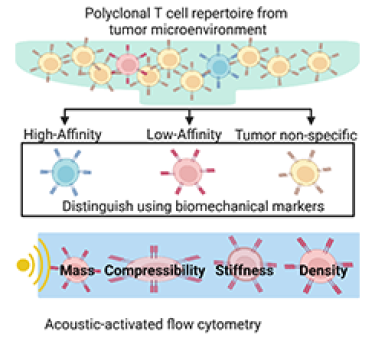
Exploiting biomechanical properties of peripheral CD8+ T cells in adoptive cell therapies for cancer (co-sponsored by the University of Colorado Cancer Center)
Jill Slansky (CU Anschutz; Department of Immunology and Microbiology)
Xiaoyun Ding (CU Boulder; Department of Mechanical Engineering)
New collaboration
The overarching goal of this project is to identify the biophysical properties associated with antigen-specific T cells that lead to successful adoptive cell therapies for cancer.
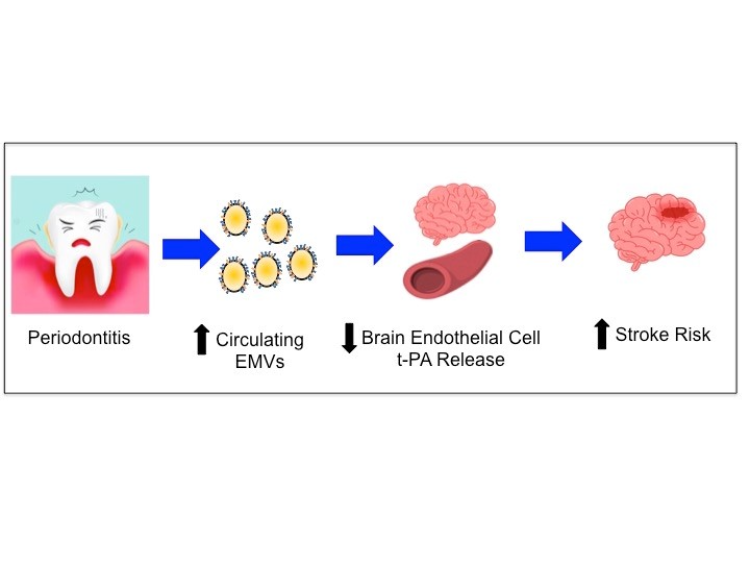
Extracellular vesicles mediators of stroke risk with periodontal disease
Kerri Font (CU Anschutz; Associate Professor of Surgical Dentistry)
Chris DeSouza (CU Boulder; Professor of Integrative Physiology)
New collaboration ($50,000)
Determining the effect of circulating extracellular vesicles from adults with periodontitis on brain endothelial cell t-PA production will: a) increase our understanding of mechanisms underlying ischemic stroke risk with periodontitis; and b) identify new therapeutic targets to reduce ischemic stroke in adults with periodontal disease.
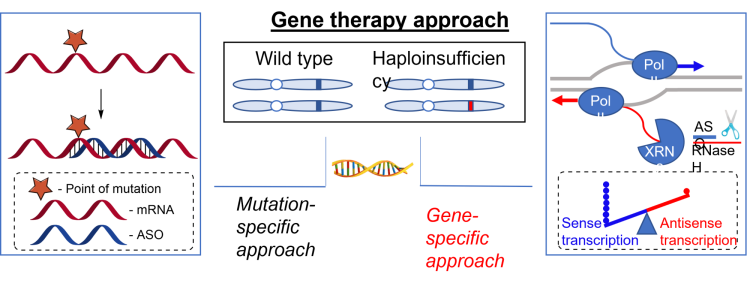
Gene-specific antisense oligonucleotide therapies for diseases of haploinsufficiency
Jay Hesselberth (CU Anschutz; Associate Professor of Biochemistry and Molecular Genetics)
Ondrej Kostov (CU Boulder; Research Assistant Professor of Biochemistry)
New collaboration ($50,000)
We are exploring a strategy to develop antisense oligonucleotide therapies for diseases of haploinsufficiency that are gene-specific instead of mutation-specific, reducing the daunting challenge of individual ASO therapies to the identification of a minimal set (i.e., one for each gene) of ASOs that can target a gene irrespective of the nature of a specific mutation.
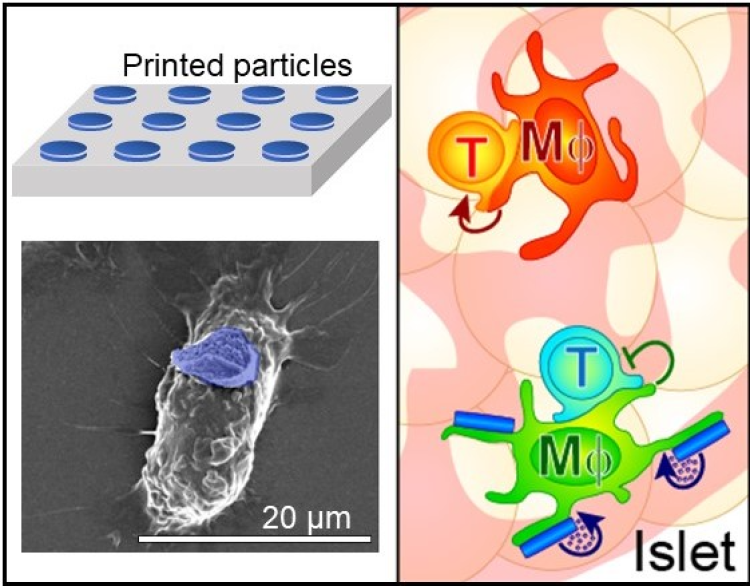
Immune reprogramming of myeloid cells in pancreatic islets using engineered particles
Rachel S. Friedman (CU Anschutz; Department of Immunology & Microbiology)
C. Wyatt Shields IV (CU Boulder; Department of Chemical and Biological Engineering)
New collaboration
This project departs from traditional methods of treating type 1 diabetes by using an engineered particle technology to sustainably reprogram islet myeloid cells to resolve inflammation and disrupt the underlying mechanisms of autoimmunity.
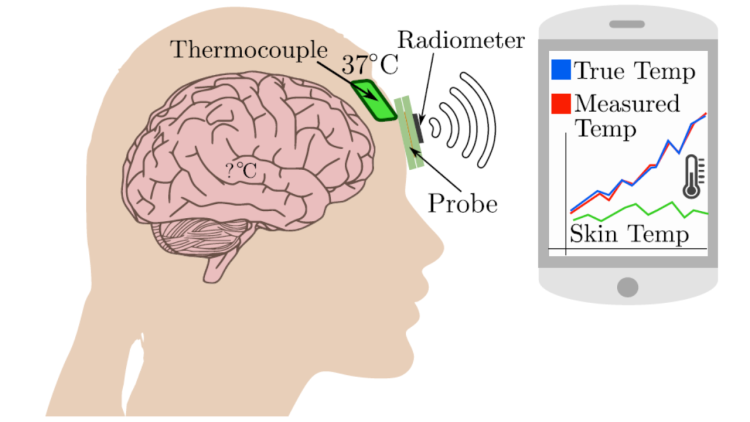
Noninvasive brain temperature monitoring during cardiac surgery
Brett Reece (CU Anschutz; Professor of Surgery-Cardiothoracic)
Zoya Popovic (CU Boulder; Distinguished Professor of Electrical, Computer and Energy Engineering)
New collaboration ($50,000)
The goal of the proposed research is to (1) develop a currently non-existent non-invasive internal body thermometer for clinical use and (2) to monitor brain temperature in order to optimize tissue protection during hypothermia while limiting the complications of cold such as coagulopathy.
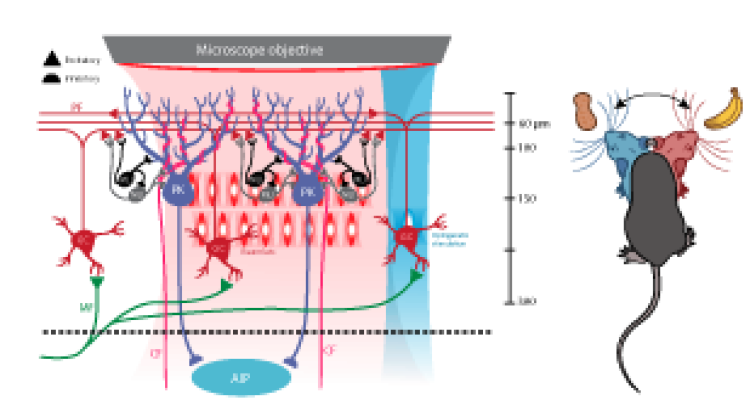
Novel neurophotonics methods to access deep brain structures for decision making
Emily Gibson (CU Anschutz; Assistant Professor of Bioengineering)
Juliet Gopinath (CU Boulder; Professor of Electrical, Computer and Energy Engineering)
Existing collaboration ($125,000)
Neurophotonics applied to uncovering the neural mechanism of decision making in mouse models is a high-impact topic, rich for exploration. Increasing research interest, particularly at depth within the brain, makes for an exciting area both in neuroscience and photonics.
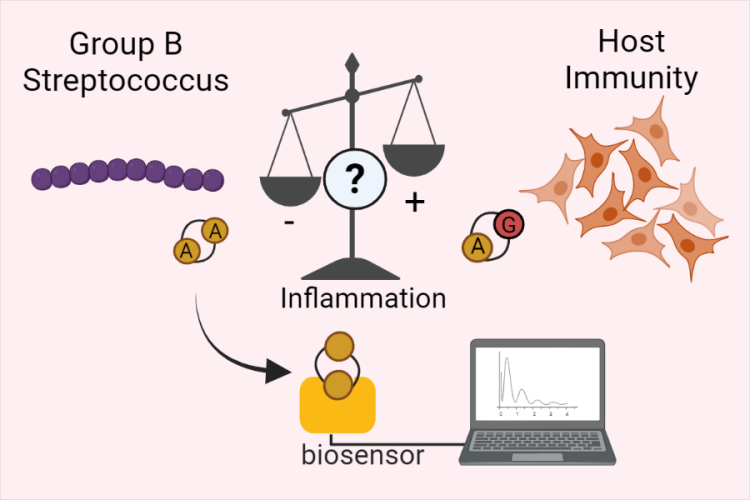
Nucleotide second messengers at the host-pathogen interface
Kelly S. Doran (CU Anschutz; Department of Immunology and Microbiology)
Aaron T. Whiteley (CU Boulder; Department of Biochemistry)
New collaboration
Cyclic dinucleotides are crucial signaling molecules in the immune response to pathogens but are notoriously difficult to measure with current methodology. Using a newly developed cyclic dinucleotide biosensor platform, the Whiteley and Doran laboratories will investigate these signaling pathways during pathogenesis of Group B Streptococcus, a leading cause of invasive neonatal disease and meningitis in humans.
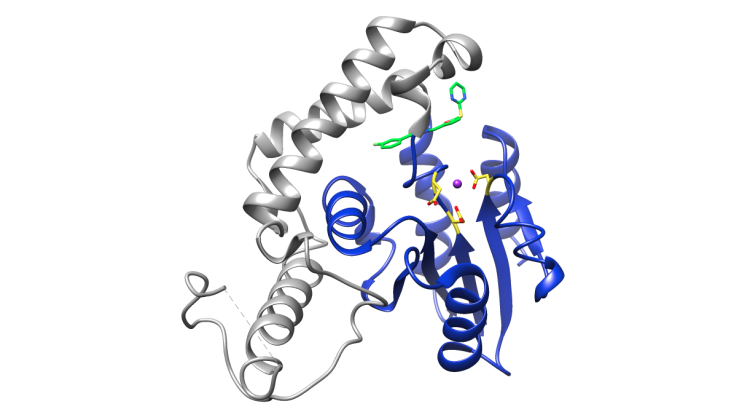
Optimizing a first-in-class Allosteric Eya2 Tyrosine phosphatase inhibitor for glioblastoma therapy
Heide Ford (CU Anschutz; Professor and Chair of Pharmacology and Grohne Endowed Chair in Cancer Research and Rui Zhao, Professor of Biochemistry and Molecular Genetics)
Xiang Wang (CU Boulder; Associate Professor of Chemistry)
Existing collaboration ($125,000)
Glioblastoma Multiforme (GBM) is one of the most aggressive and treatment-resistant cancers, accounting for nearly half of all brain cancers. This team identified a particular gene (EYA2) that is uniquely highly expressed in GBM stem cells and is essential to the success and propagation of malignant growth and will now investigate a class of lead inhibitors that can target and inhibit these cells, then optimize them to develop potent and specific EYA2 phosphatase inhibitors for GBM therapy.
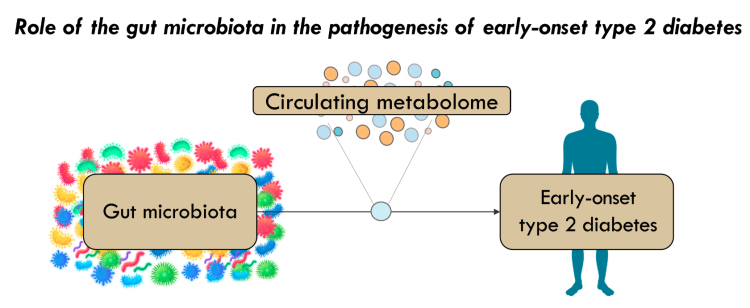
Role of the gut microbiota in the pathogenesis of early-onset type 2 diabetes
Wei Perng (CU Anschutz; Assistant Professor of Epidemiology)
Tanya Alderete (CU Boulder; Assistant Professor of Integrative Physiology)
New collaboration ($50,000)
This proposal will investigate how the gut microbiota contributes to pathogenesis of early-onset type 2 diabetes among young adult participants of the Exploring Perinatal Outcomes among CHildren (EPOCH) cohort.

Sound advice for delivering hearing health care: Evaluation of current and emerging service delivery models for hearing aids
Vinaya Manchaiah (CU Anschutz; Department of Otolaryngology)
Anu Sharma (CU Boulder; Department of Speech Language and Hearing Sciences)
New collaboration
Aging-related hearing loss, one of the most common chronic health conditions and a leading modifiable risk factor for dementia, is commonly treated with hearing aids. Our study will compare best practices for hearing aid service delivery models (i.e., professionally fit vs direct-to-consumer vs self-fit) using neurocognitive outcomes, to allow clinicians and patients to make informed hearing healthcare choices.
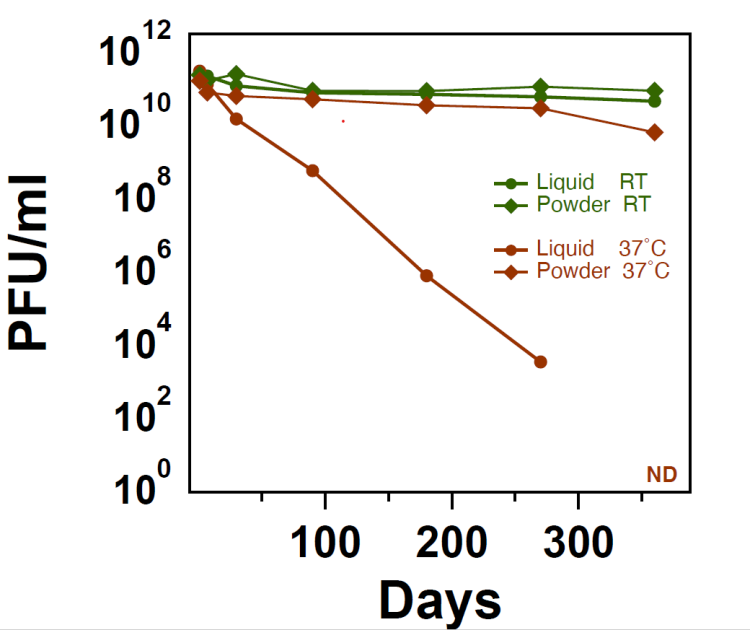
Novel antimicrobials for multi-drug resistant osteomyelitis: Bacteriophage stabilized for extended release by atomic layer deposition processes
Carlos Catalano (CU Anschutz; Department of Pharmaceutical Sciences)
Theodore Randolph (CU Boulder; Department of Chemical and Biological Engineering)
New collaboration
Osteomyelitis, or infection of the bone, is an area where multi-drug resistant nosocomial infections are particularly troublesome. This project will develop novel, controlled release formulations of bacteriophages, viruses that infect bacteria, for osteomyelitis treatment and prophylaxis.

